Netflix’s new offering Darlings, a black comedy, focuses on Badrunissa Shaikh, the main protagonist, a young, naive girl who falls in love with the wrong man. On the surface, it may appear that way, but beneath the many layers of the narrative and the character at the centre of it, there is the reality that there are many women living in our own country.
Even though domestic violence is a prevalent theme in Hindi cinema, the Alia Bhatt-led film takes a fresh approach to deal with it.

The two main characters in the movie, Hamza and Badru, who are bound together in an abusive marriage, represent many couples whose news occasionally appears in our newspapers’ tiny sections. In the society we live in, these are also some common occurrences, thus they become the kind of news we hardly ever pay attention to.
These “ups and downs” are inevitable in every marriage, as Hamza’s character, played by Vijay Varma, puts it in the movie. For the uninitiated, he makes this statement after severely assaulting his wife the night before and attempts to make amends by pointing out how typical such behaviour is in a marriage. In those few words merely, the toxic situation and inequality that constitute these relationships is extremely clear.
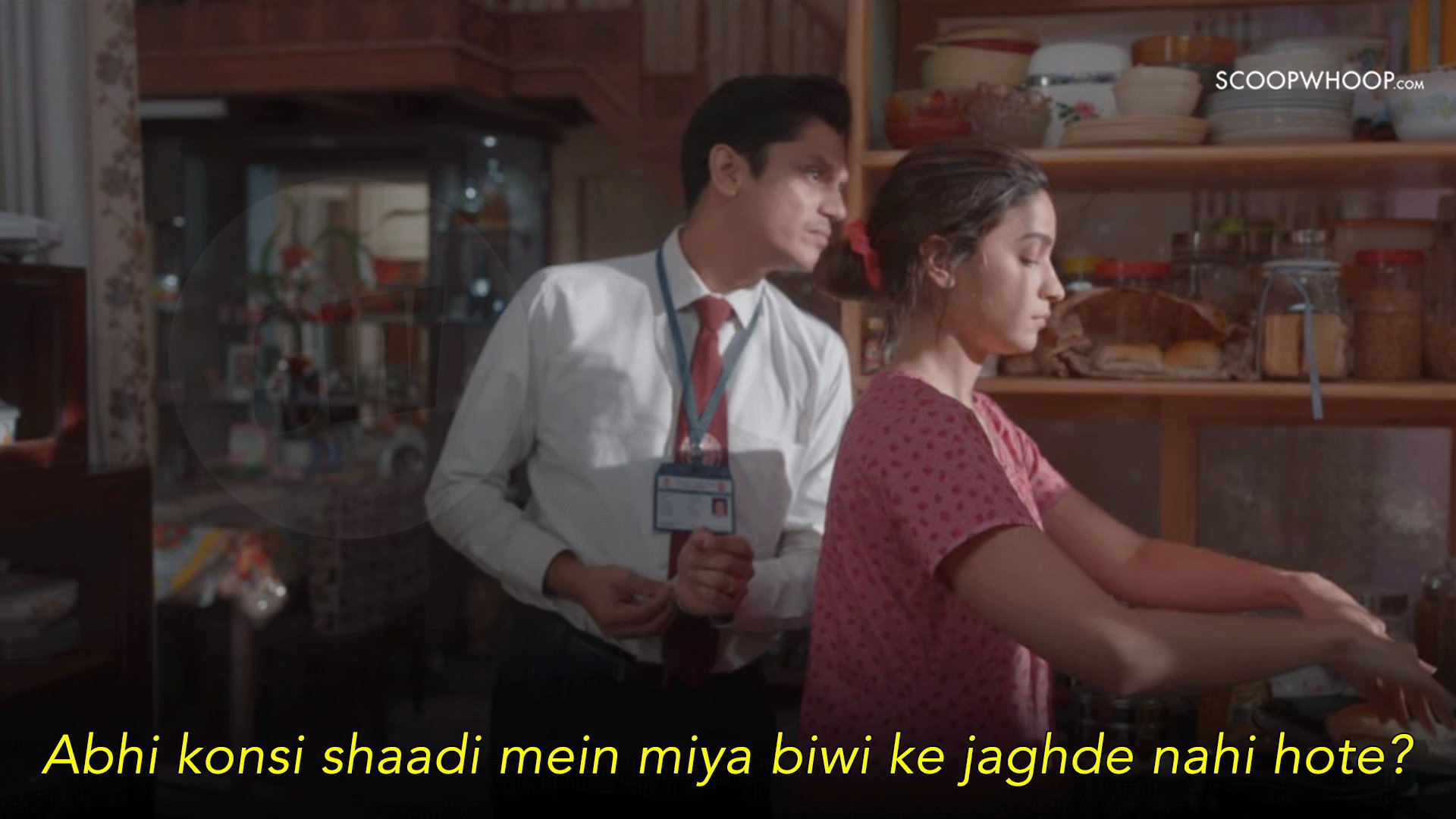
Hamza’s monstrous side and his tendency for abuse are initially hinted at in the opening scene, which starts out somewhat subtly. It’s interesting to note that Badru, who is obviously familiar with it, gives in to it while still displaying some discomfort in her body language.
How frequently this incident occurs in their home is evidenced by the fact that she immediately offers her palm for him to spit out the stone. This heartbreaking moment serves as a stark reminder of the hardships women face in abusive marriages.
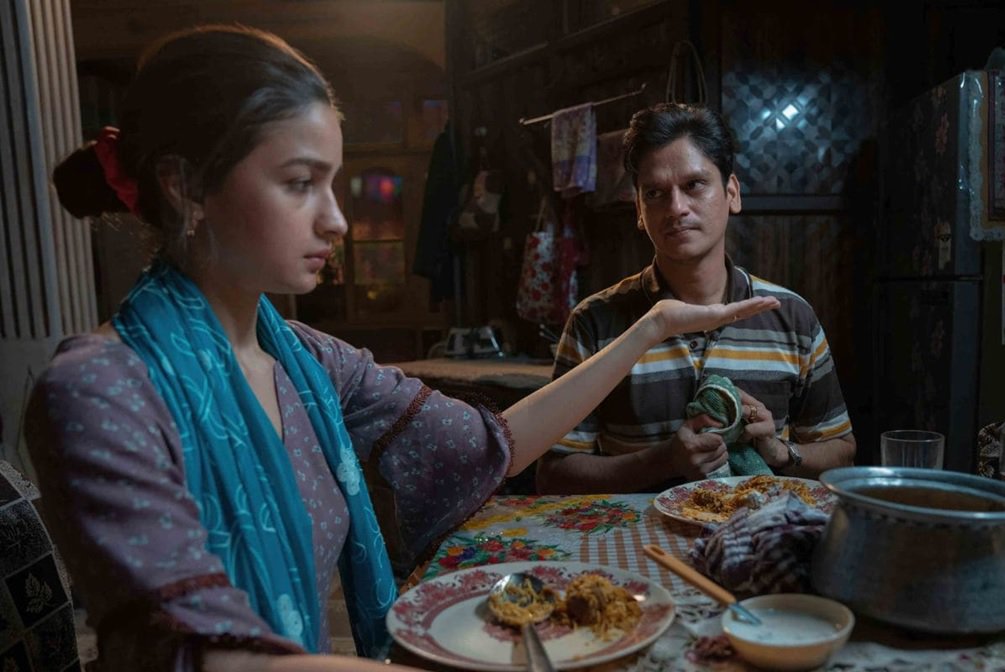
Now, the issue is raised as to why a woman would choose to stay in a marriage like that despite experiencing such abusive behaviour and frequent maltreatment.
Most of the time, a woman stays in an abusive marriage with the hope that her husband would change. Badru continues because she feels that Hamza loves her and that it is her responsibility to transform him. First off, it’s common for women to learn early on that having a smooth marriage requires them to “adjust” and “accept” a few things. However, our society routinely overlooks the necessity to make a distinction between adjustment and abuse.

In the meantime, the predator constantly uses the victim card or demands unjustified pity in these relationships. Instead of making a genuine apology or altering his behaviour, Hamza only pretends to be open to doing so. Badru, on the other hand, consistently falls for the ruse because she thinks that her husband wants to be a better person but is unable to do so due to his alcoholism.
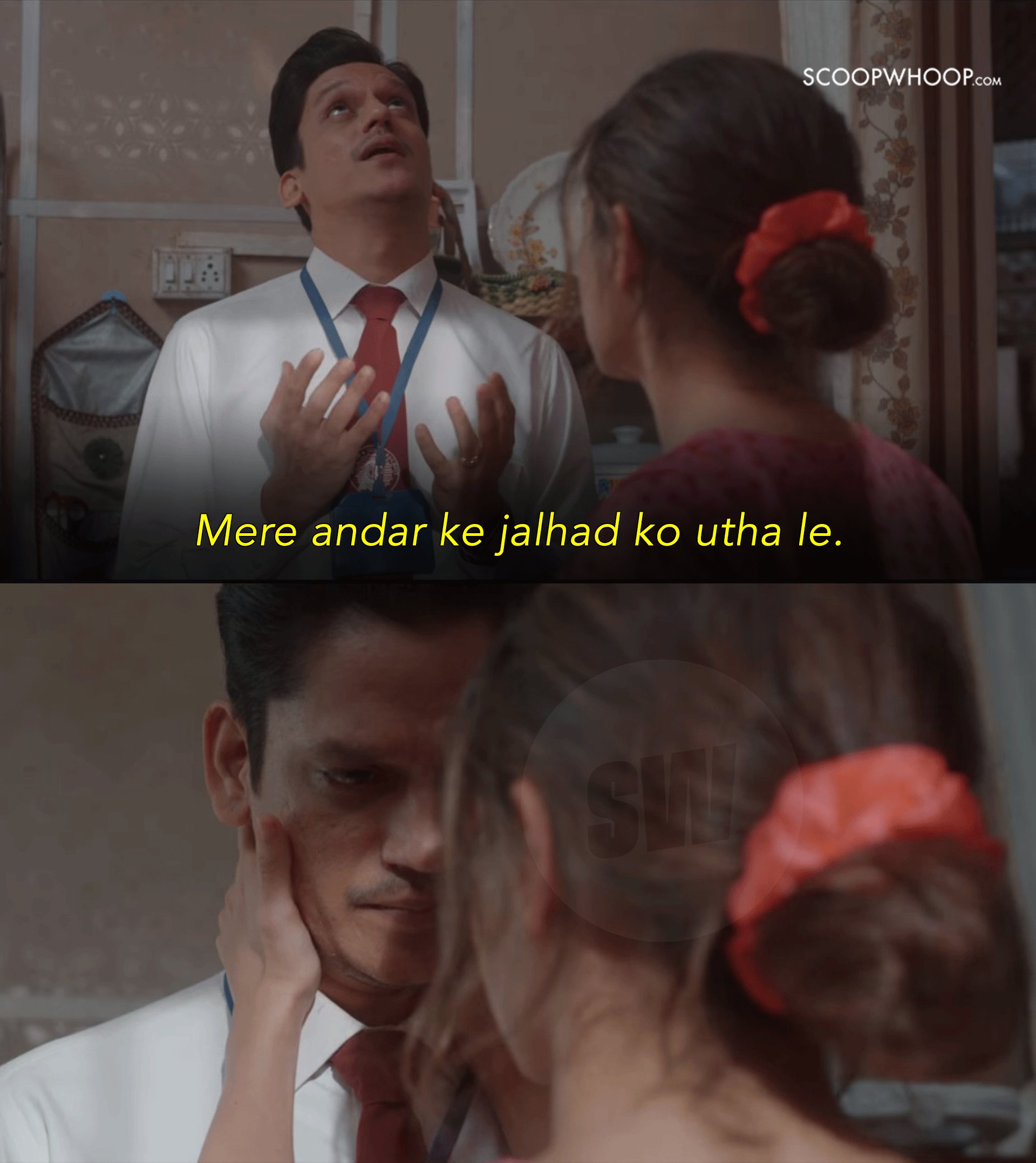
Furthermore, she chooses her husband over her loving mother, whom Hamza strikes in a fit of wrath, showing her irrational faith in her husband to the fullest extent. Badru, as a wife, opts to have her mother forget the incident, despite the fact that her husband has an aggressive tendency to the point where he won’t hesitate to hit his mother-in-law.
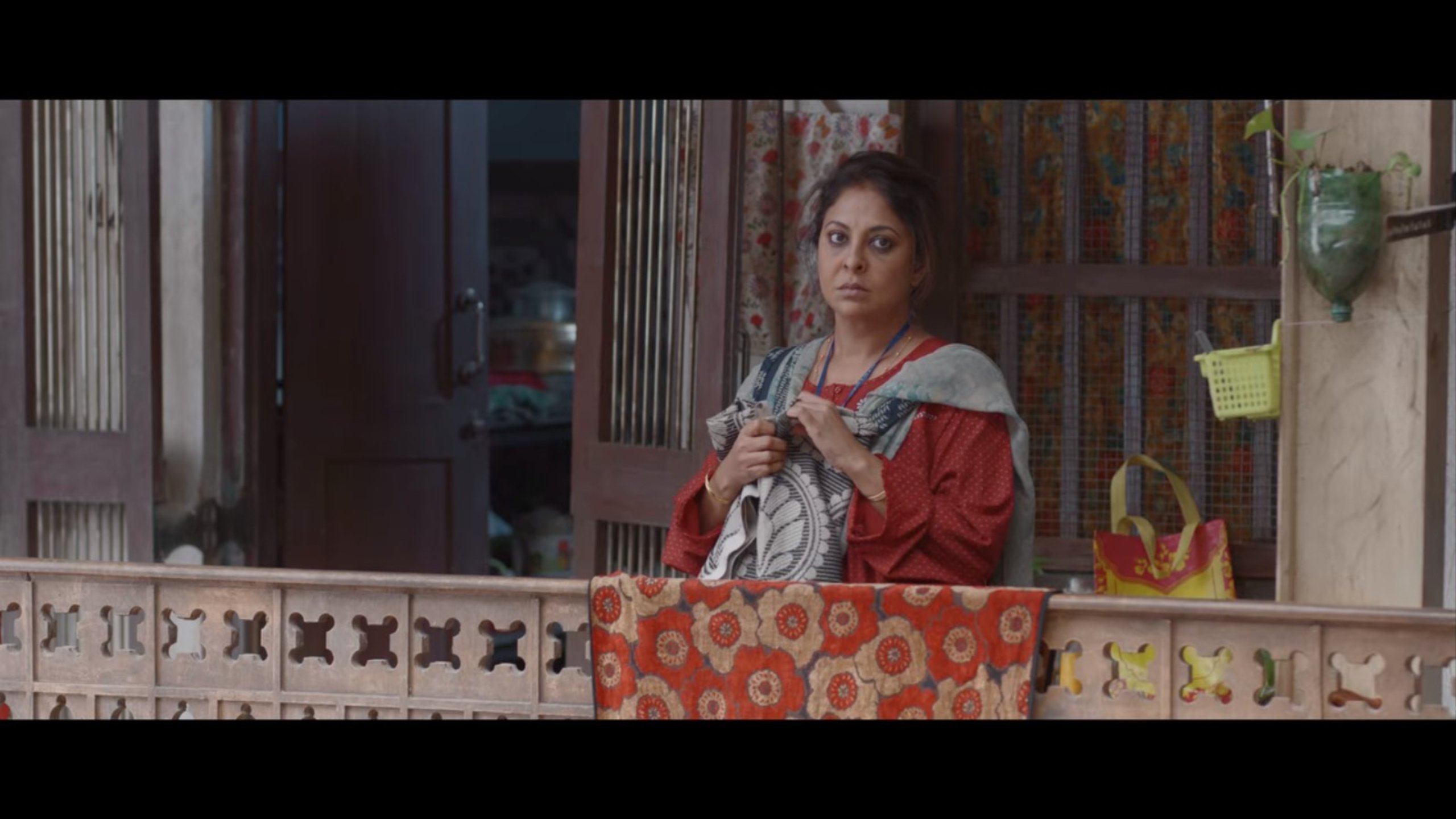
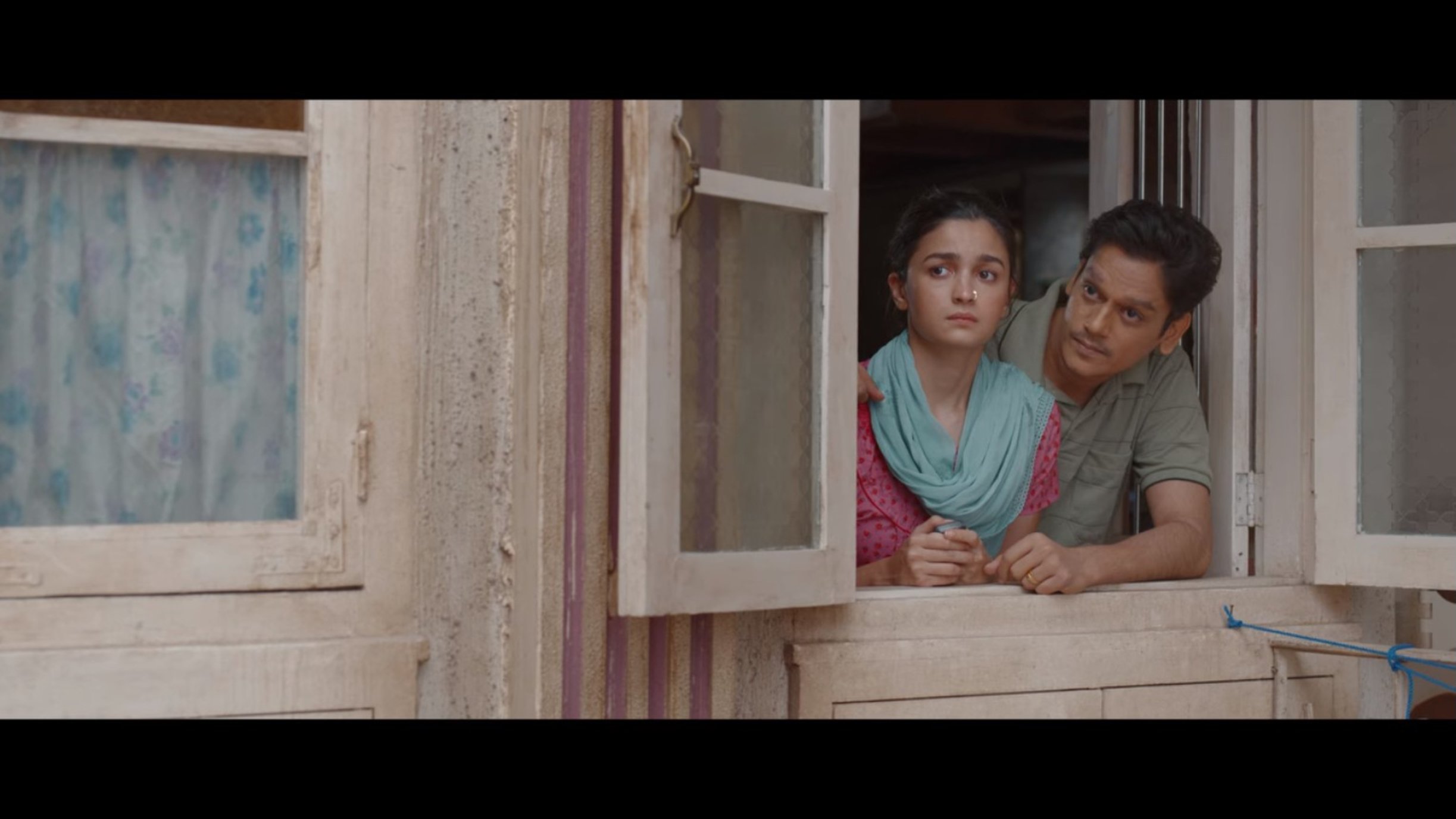
The patriarchy has brainwashed and gaslighted plenty of women into thinking that affection and abuse can exist side by side. Hamza is eager to coax Badru with empty promises and grandiose displays of love if he thinks that her commitment to him is waning.
When Badru ultimately files a complaint against him, he even manages in manipulating her by luring her with the promise of having a child with her to dodge being forced into court.
Badru is so easily tricked by his manipulative tactic, wherein he convinces her to believe that there is some glimmer of love present notwithstanding his predatory behavior. Like many victims of abuse, she too thinks her abusive spouse has changed. But as time goes on, it becomes clear how drastically off she was.
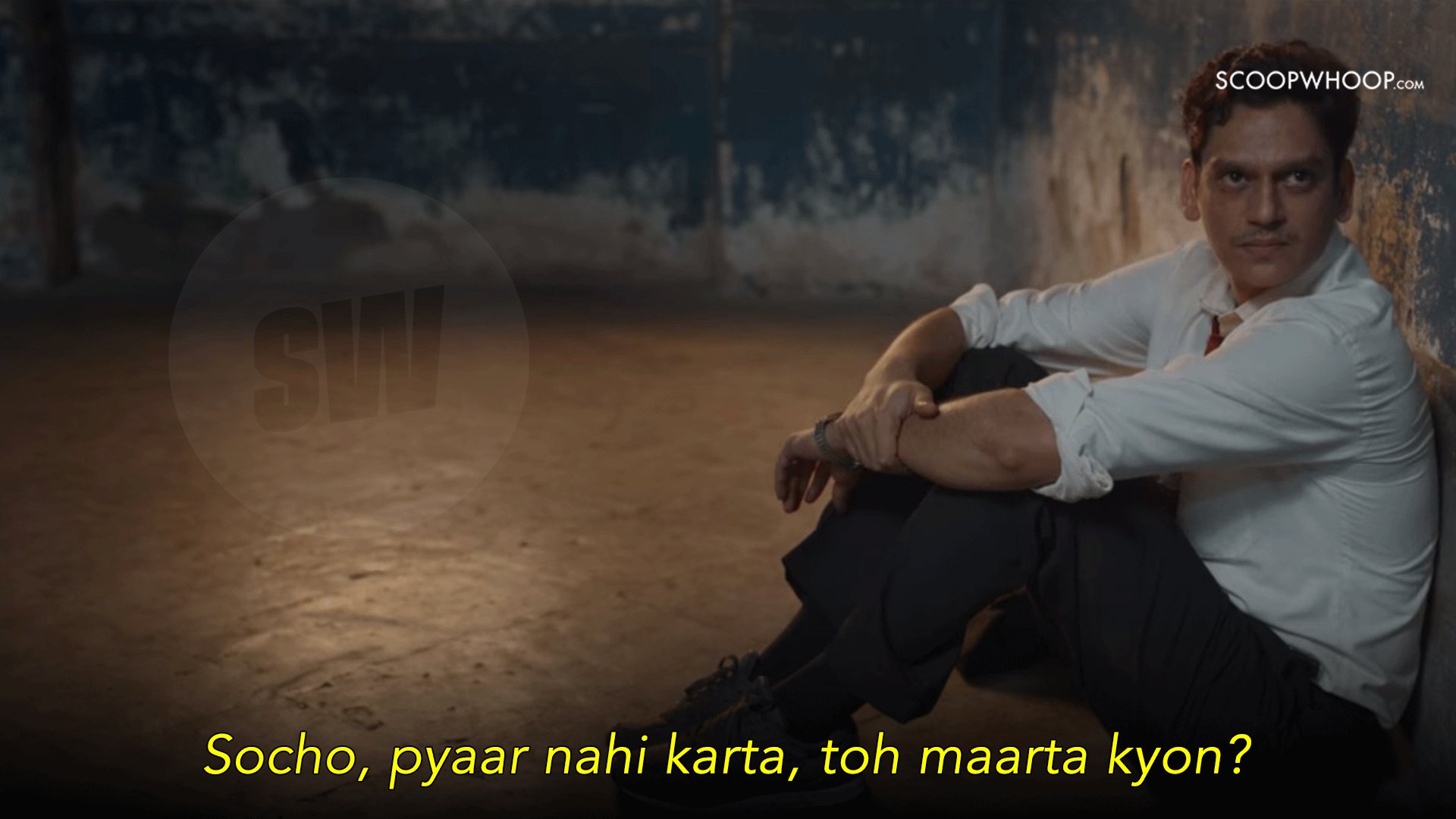
The film directed by Jasmeet K. Reen exposes how severely patriarchy has its talons stuck in women, sometimes even when they have all the assistance they need still they fail to leave an unhappy relationship.
Darlings accurately captures the abuser’s propensity to get away with it and the victim’s gullibility in continuing to sully the relationship without question.

















